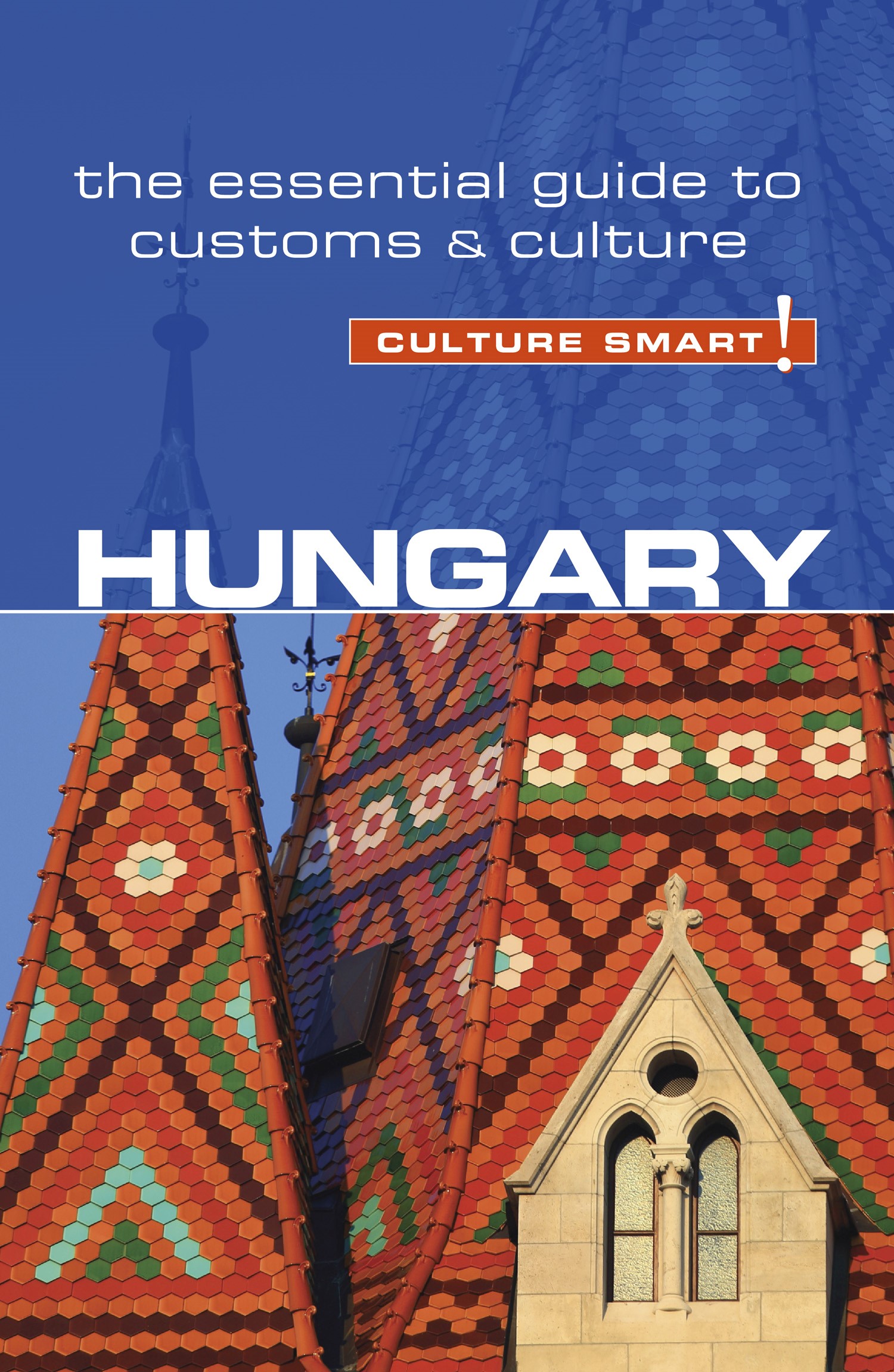
Culture Smart! Hungary: The Essential Guide to Customs & Culture.
A landlocked country in the heart of Europe, Hungary was a powerful medieval kingdom. Intimately involved in European history and culture, the Hungarians have always been proud of their distinctive identity, reinforced by the fact that their language bears no resemblance to that of any of their neighbors.
Today, following the collapse of Communism, Hungarians feel part of Central Europe again, the Europe of science, culture, and civic virtue, of gem-like Baroque churches and 19th century schools, town halls, barracks, and railway stations. This beautiful and beguiling land is home to the magnificent city of Budapest on the banks of the Danube, to the largest lake in central Europe, and to charming spa towns and hot springs. Hungarian openness and hospitality have been tested by the migrant crisis on Europe’s doorstep, and the rise of populist parties.
After setting the context in a brief historical overview, Culture Smart! Hungary offers practical advice and important insights into different aspects of Hungarian life today, to help deepen your understanding and appreciation of this complex and talented people.
Author Bio:
Brian Mclean and Kester Eddy are British writers who have both lived in Budapest for many years. Each brings specialist knowledge to the book, the former in Hungarian history and culture and the latter in political and economic affairs.
ISBN 978-1-857-33868-3
TRADE PAPER, £7.99; (UK) £7.99; (US/CA) $11.99/$15.99
ALSO AVAILABLE IN E-BOOK
PUBLICATION DATE: JANUARY 2018
PUBLISHED BY KUPERARD